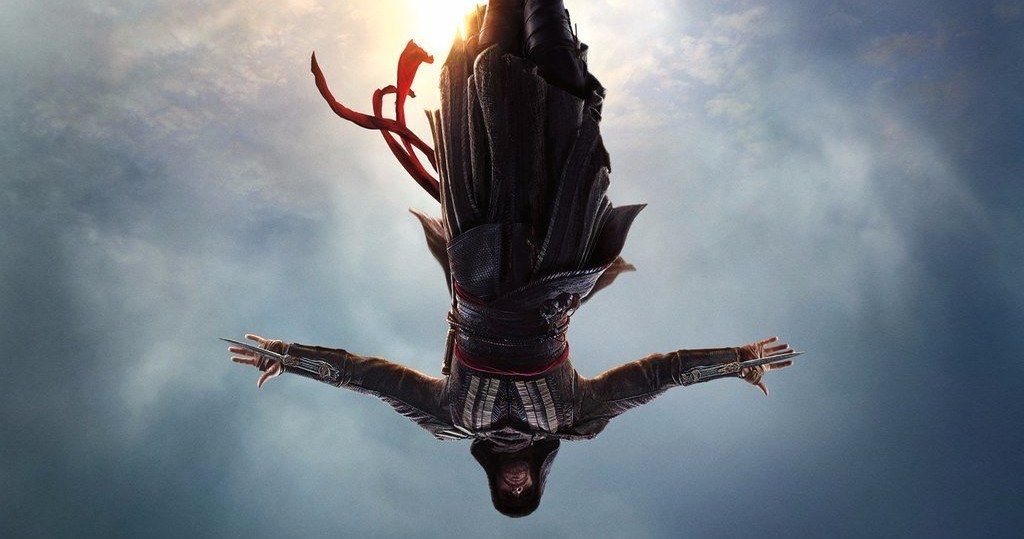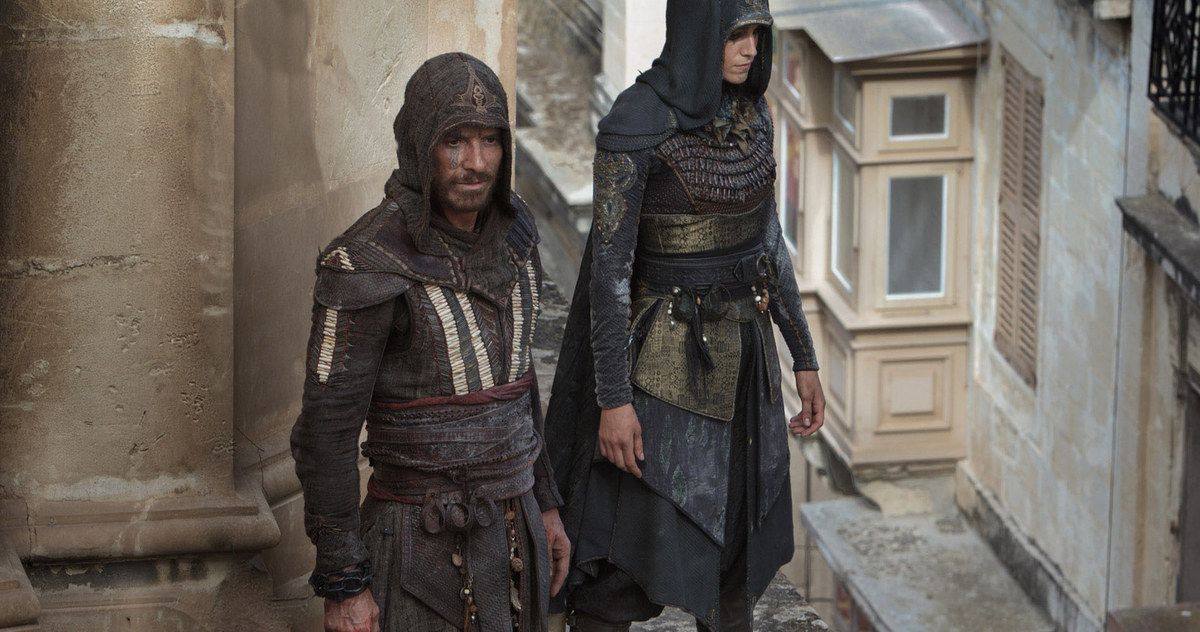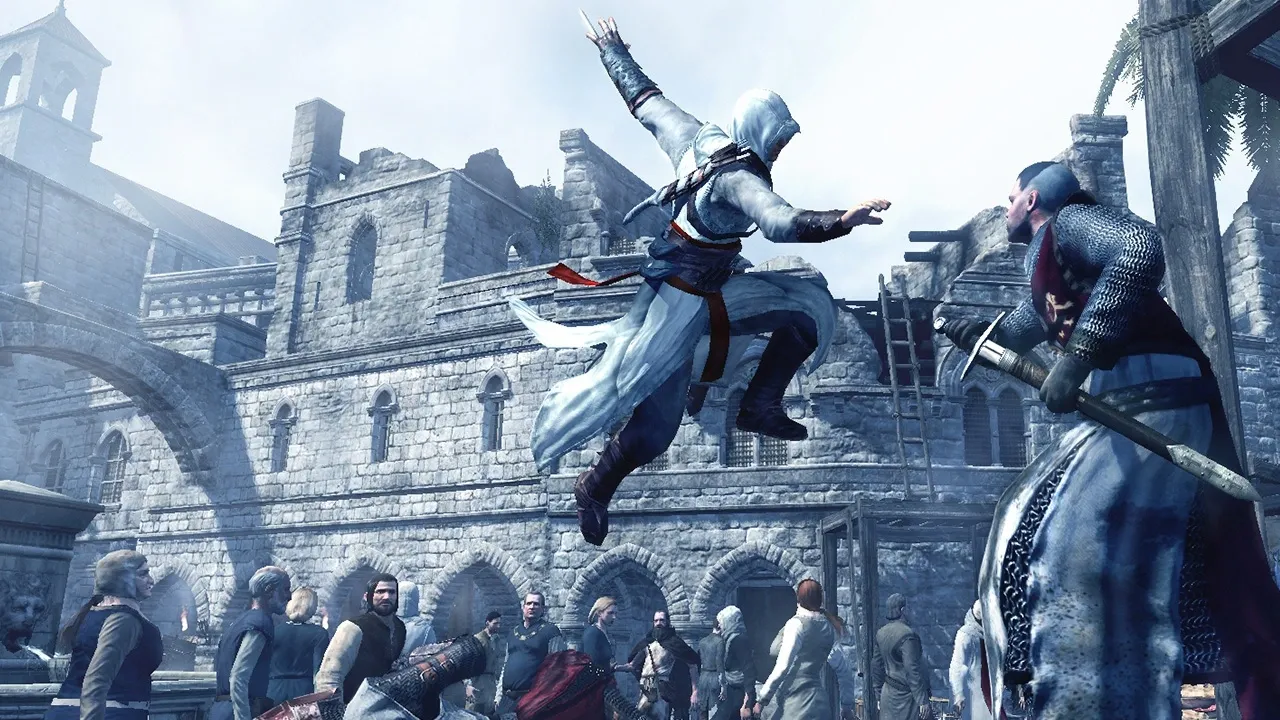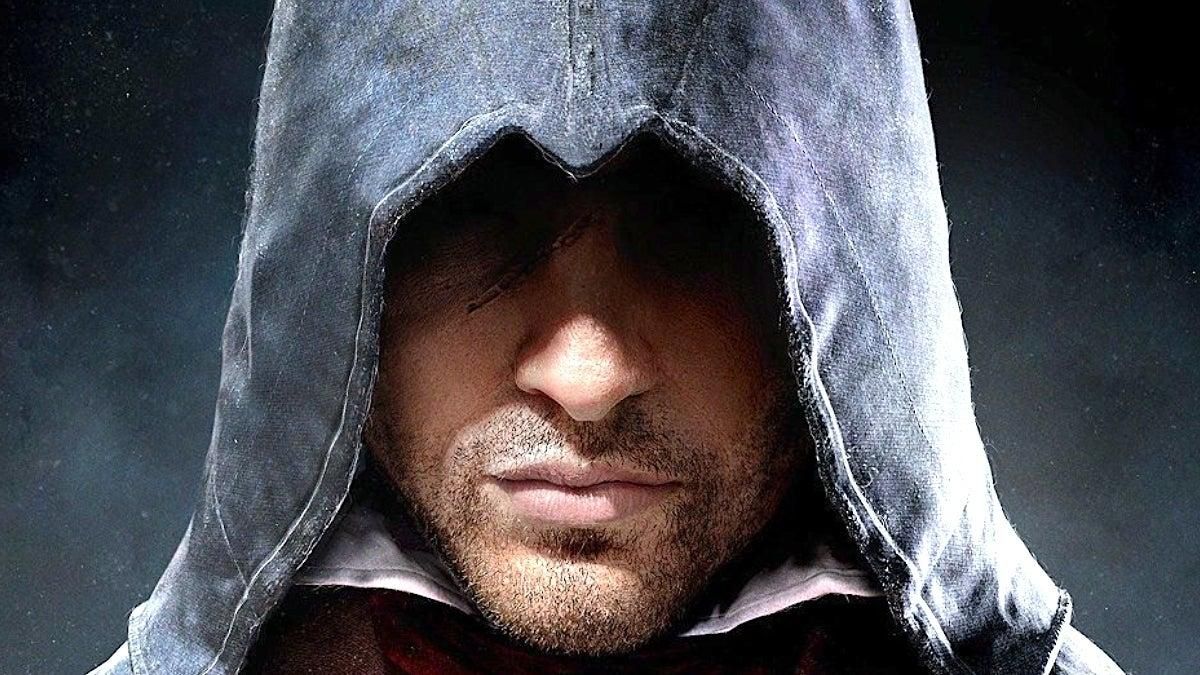Founded on twelve main games and seventeen spin-off titles, Ubisoft’s Assassin’s Creed has solidified itself as a respected game franchise and found itself as the source inspiration for short films and other transmedia elements. The game series has supported itself with novels and other fan-created work to keep the world lively and engaging. Games made their way across platforms and eventually gave way to mobile entries into the growing series. Comics, audio dramas, board games, and virtual reality experiences additionally stemmed from the success of the Assassin’s Creed franchise.
In 2016, the attempt of a full-length Assassin’s Creed film was noted for its notoriously poor reception. The plotline followed Callum Lynch's (Michael Fassbender) experience of the memories of his ancestor Aguilar de Nerha, in 15th Century Spain, digging into the mystery of the secret society of the Assassins. His past connects to his present as Lynch must use his Assassin roots to defeat the powerful and oppressive Templar organization that threatens his reality. There are many reasons why Fassbender's movie bombed, but conversations have warmed up a second attempt at a live-action production, this time a Netflix TV series. What's more, the Assassin's Creed TV show has recruited Die Hard writer Jeb Stuart. It's a promising move, particularly considering the strength of Netflix's current original series, but here are reasons why Assassin's Creed deserves a movie reboot.
The Reboot is in Demand
In comparison to past reboots that are currently being made or are yet to be released, there has been some sort of interest expressed in an Assassin’s Creed movie being rebooted. The disappointment received over the first attempt warrants Ubisoft to reconsider a cinematic remake. A second attempt would learn from the first film’s mistakes and use a second chance as an opportunity to experience growth from a cinematic perspective. Assassin's Creed isn't slowing itself down or heeding its outpour of media any time soon. Naturally, a reboot would be welcomed by those who want to see the game restored cinematically to the best of its ability. Rumors and rumblings swelling around the elusive Assassin's Creed 2 have been met with open-mindedness from fans, who ultimately want to see the franchise honored on the big screen.
Assassin's Creed is Rich and Abundant in Source Material
A fascinating draw to the Assassin's Creed series that gives it its unique edge is its ability to incorporate historical events of into its gameplay and its lore. The world-building around Assassin's Creed illustrates a deep understanding of significant time periods, using each era to its advantage. Across its diverse gameplay, Assassin's Creed finds itself exploring a new time place while ascending chronologically through monumental societal ages. The game series marked its starting point in 431 BCE Greece and the timeline worked itself up to the Industrial Revolution in 1868. A cinematic reboot or remake would allow the studio that adapts the project to sink into the intricacies of their time period of choice.
The Assassin's Creed lore finds its richness from its creation of self based around source material, presenting human struggles through a more exciting, personal sense. Each game digs deeper into what each time period has to offer, incorporating events of historic size with immersive, seemingly-endless sprawls of human ancestry, presenting grand history through a more individual point of view. The robust dedication that Ubisoft has given to luxuriating in the expanse of history—and the beauty of its varied geographical landscapes—can be elaborated best on the silver screen.
A Remake Would Allow the Franchise to Feel like a True Video Game Movie
In this particular instance, Assassin’s Creed is a franchise that is in need of its movie to be influenced by the tropes of the video game. Unlike past video game movies, the missing element that was eliminated from the original movie was that it was isolated from its source material. If Ubisoft considered entertaining the idea of a reboot, they could use the opportunity to incorporate more of their game into the movie itself. It suffers a dire need for the campiness of the genre's stereotypes to make its next installment successful. While it presents the effectiveness of high-energy action as a fundamental pillar, its stunts alone could easily be emphasized by the genre's need for even more adventure that drives it forward. Video games capitalize off of their intensity, and an Assassin's Creed reboot could work with the franchise's elaborate stunts that are integrated into the game. With this, they are given the possibility of working in other game-based components after being given the time to consider how they will operate. Avoiding the obvious means of video game design, the lapse between the 2016 original and a hypothetical reboot presents the convenience of having time to carefully plan how Assassin's Creed can become more like its video game origins.




